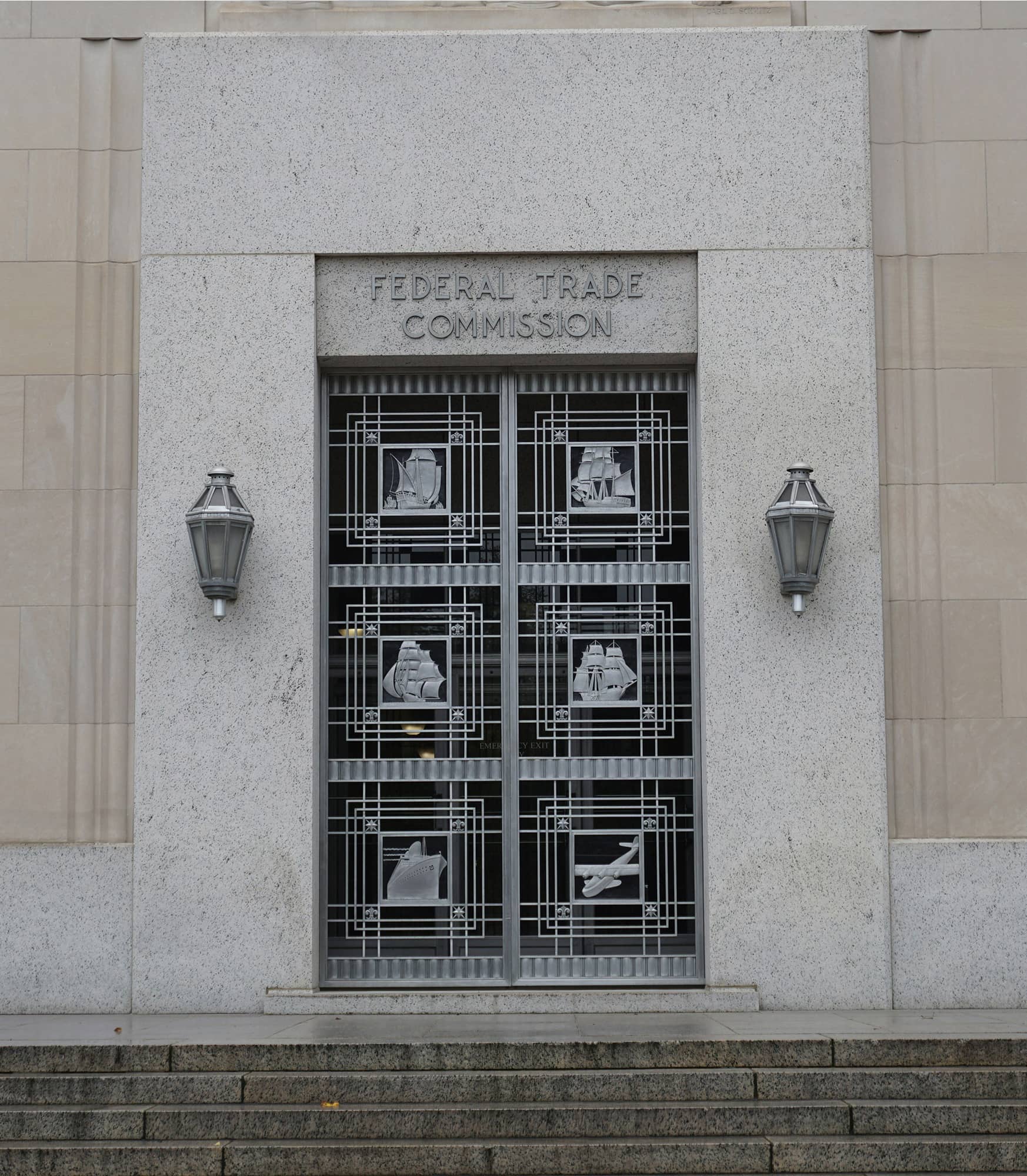
Share This Story!
On August 20, 2024, a federal judge delivered a significant ruling by striking down the Federal Trade Commission’s (“FTC”) ban on worker noncompete agreements. This ruling is a major win for employers who rely on noncompete clauses to protect their confidential information, investment in employee training, and customer relationships.
Background: The Push to Ban Noncompete Agreements
The FTC’s proposed rule, set to take effect September 4, 2024, would have prohibited the use of noncompete clauses in employment contracts across the United States. The Biden administration has long argued that noncompete agreements unfairly restrict worker mobility and suppress wages, thereby stifling competition and innovation in the market. In contrast, opponents including the Chamber of Commerce have pushed back, countering that many employers rely on
noncompetes to protect trade secrets, retain key employees, and prevent competitors from poaching talent.
Background: The Push to Ban Noncompete Agreements
In her ruling, U.S. District Court Judge Ada Brown’s said her decision to strike down the ban was rooted in concerns about the broad and sweeping nature of the proposed rule. The court emphasized that noncompete agreements, while potentially restrictive, serve legitimate business purposes when used properly.
This ruling does not mean that noncompetes can be drafted without discretion. State laws still govern the enforceability of noncompete agreements, and courts will continue to scrutinize the scope and duration of these clauses to ensure they are reasonable and necessary to protect legitimate business interests. Notwithstanding a potential appeal to this Judge Brown’s decision, the FTC may also attempt to regulate noncompetes through more narrowly tailored federal
measures.
Overall, the federal court’s rejection of the FTC’s proposed noncompete ban is an important victory for businesses. It preserves employers’ ability to use noncompete agreements as a tool to safeguard their competitive advantages and gives companies more certainty in making decisions around hiring and retaining talent.
Implications for Employers
For employers, this ruling is both a relief and a call to action. While the immediate threat of a federal ban on noncompete agreements has been removed, this does not mean businesses can continue using these agreements without careful consideration.
1. Review Existing Noncompete Agreements: Employers should take this opportunity to review their current noncompete agreements. Ensure that these agreements are reasonable in scope, duration, and geographic reach. Courts often invalidate overly broad noncompetes, even without federal intervention.
2. State Law Compliance: Noncompete agreements are primarily governed by state law, which varies widely across the country. Some states, like California, already have strong prohibitions against noncompetes. Employers must ensure that their agreements comply with applicable state laws to avoid legal challenges.
3. Alternative Protective Measures: Businesses should consider other ways to protect their interests, such as non-disclosure agreements (“NDAs”) and non-solicitation agreements. These can offer protection without the potential drawbacks of noncompete clauses.
4. Prepare for Future Regulatory Changes: While the federal ban has been struck down, regulatory trends can change. Employers should stay informed about potential future developments, including state-level legislation or more targeted federal regulations.
5. Employee Relations: It’s important to consider the impact of noncompete agreements on employee morale and retention. Transparent communication about why such agreements are in place and how they protect the business can help maintain trust and loyalty among employees.
Conclusion
The court’s decision to strike down the FTC’s ban on noncompete agreements is a critical development in labor and employment law. While it allows employers to continue using noncompetes, it also underscores the importance of using them carefully and in compliance with state laws. As legal landscapes continue to evolve, businesses should proactively review their practices to ensure they are both legally sound and aligned with their strategic goals.
If your business uses noncompete agreements or is considering implementing them, now is the time to consult with legal counsel. At White Law Practice, PC, we focus on helping businesses navigate the complexities of labor and employment law. Contact us today to discuss how this ruling may impact your business and how we can assist you in staying compliant and competitive.
